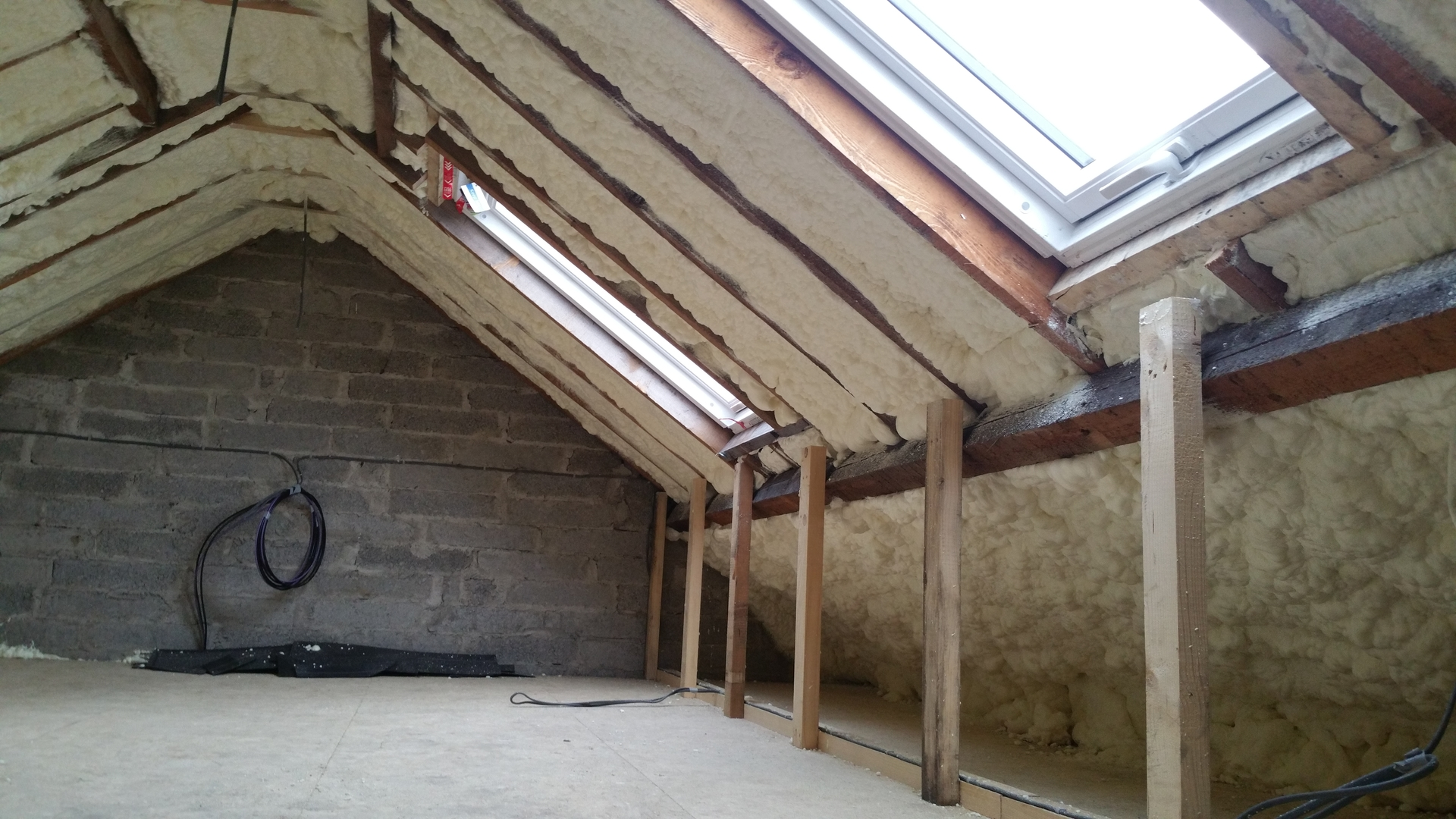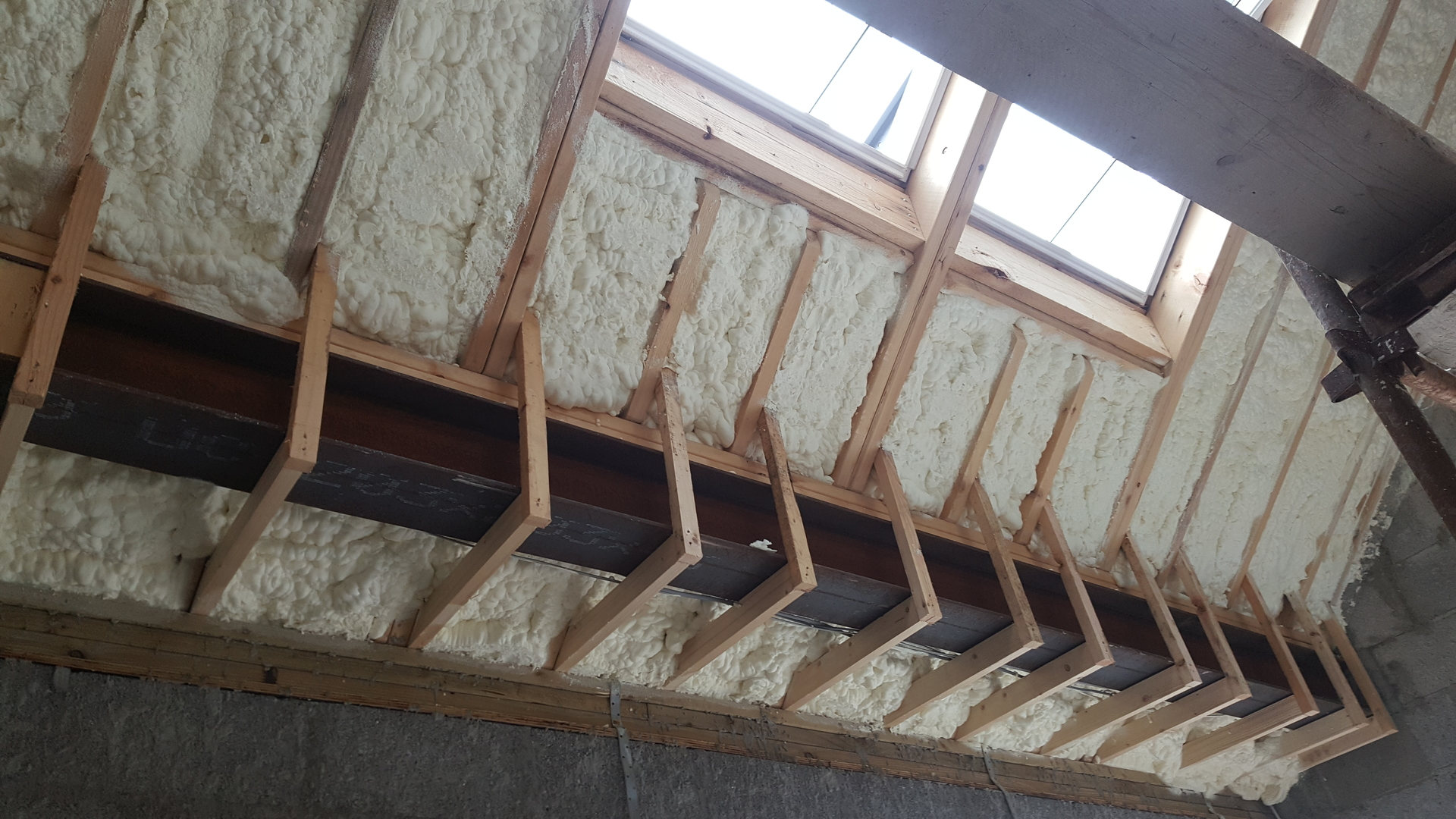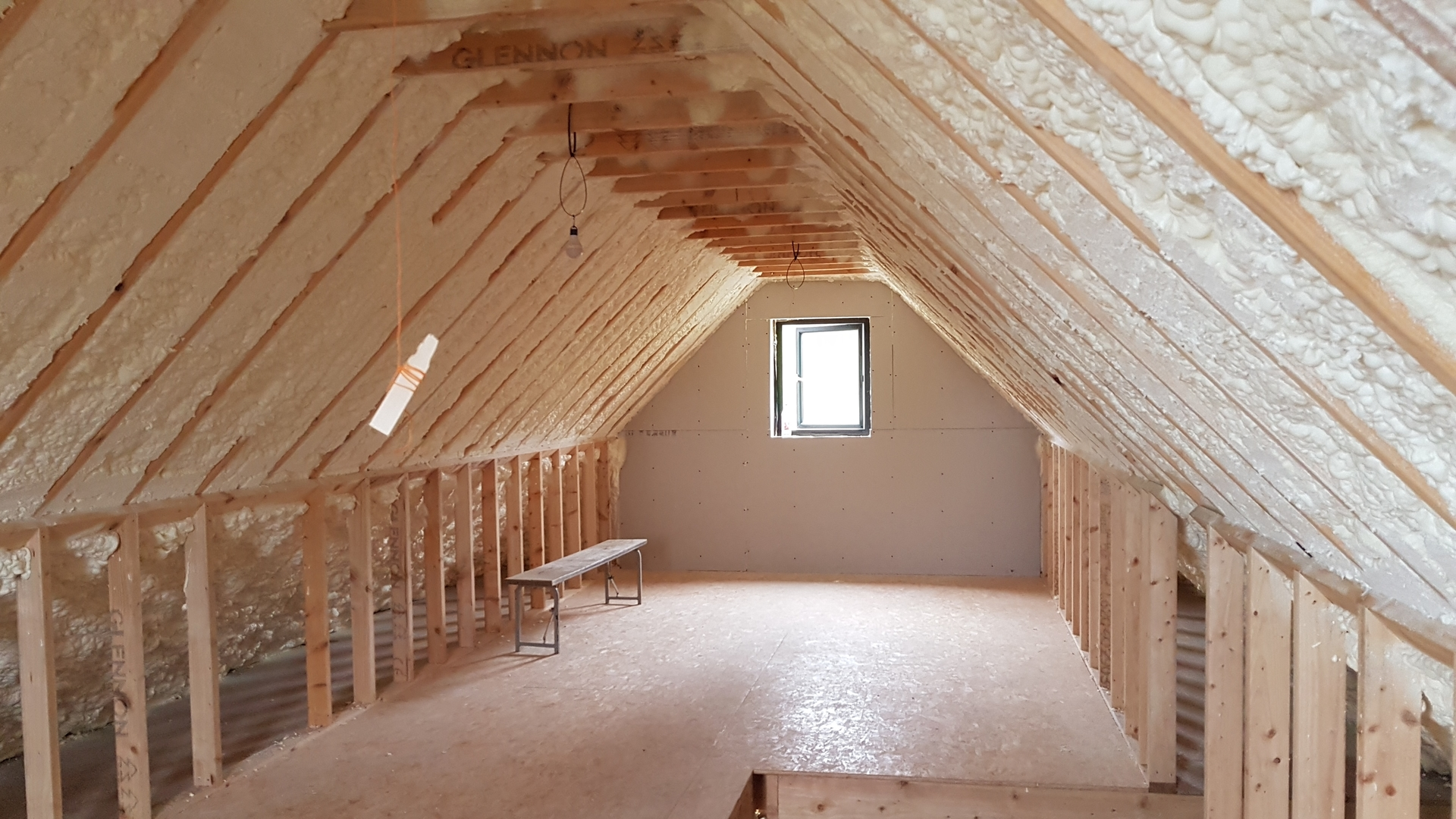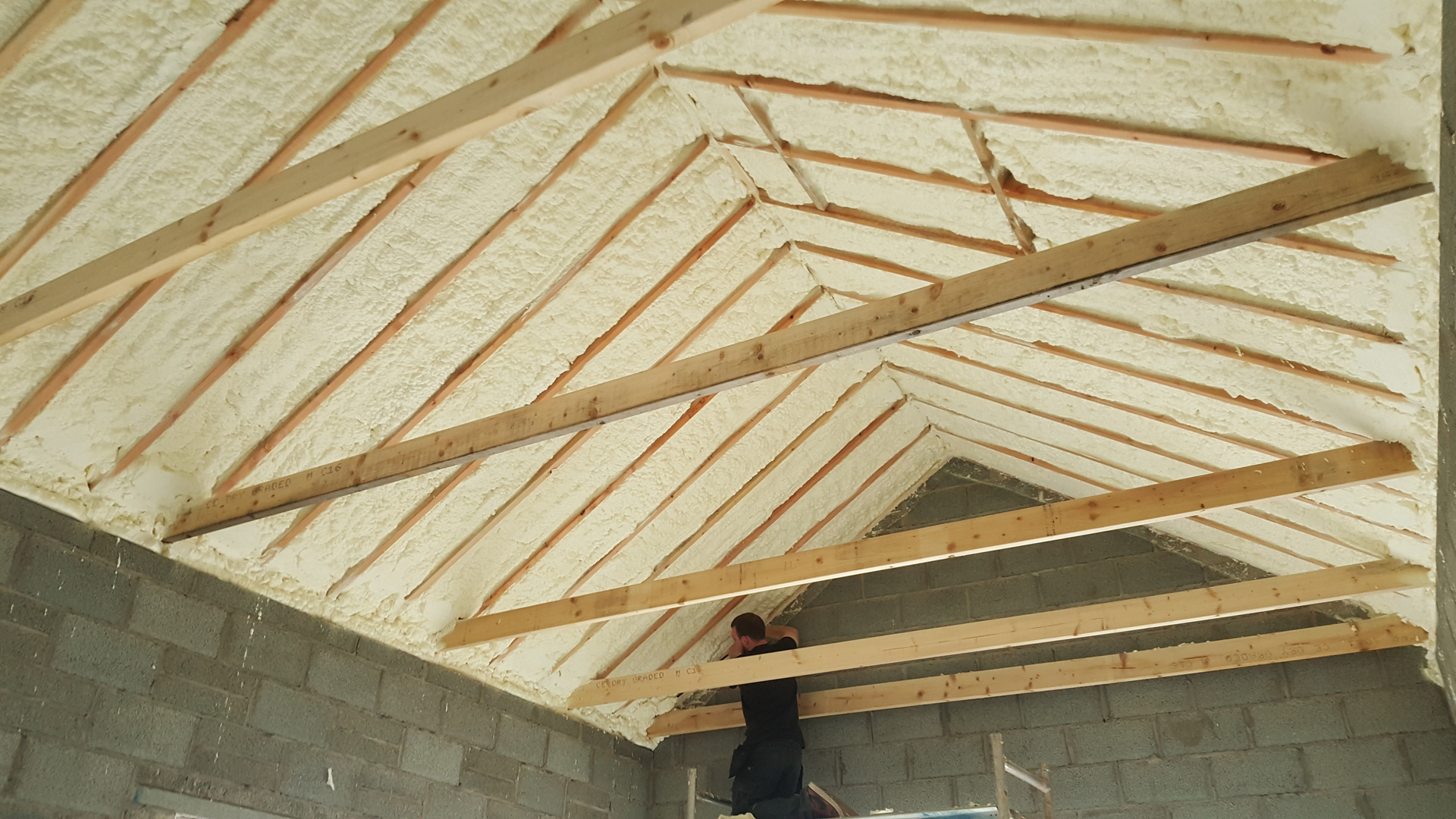Open Cell Spray Foam Insulation
There are two types of spray foam insulation: open cell foam insulation and closed cell foam insulation. What is the difference? If you’re still unsure about which type of insulation is best, then read on. We will explain which insulation type is best for you. There are many people who don’t know the difference between closed-cell and open-cell foam. This is something we have seen a lot of. We are an Icynene insulation product installer licensed and accredited. Are you still unsure? For help in making the right decision, contact our professional surveyors today!
Open cell insulation vs. closed cell spray foam insulation has many benefits. They are quick and easy to apply. Insulation made of open cell spray foam acts as an air barrier and prevents heat loss. The use of open cell spray foam reduces allergens and dust in the home, improving indoor air quality.
SEAI licensed installer
Open cell spray foam can be used as an insulation product with a low density. If the wrong foam insulation is used, a simple installation can quickly become a disaster. We are an SEAI licensed installer and will make sure your insulation runs smoothly.
Spray foam with open-cell cells is ideal for soundproofing and insulation in all the hard-to reach areas of your home. Foam insulation can be either open-cell or closed cell. For many homeowners, open-cell spray foam insulation is their preferred form of insulation. It is ideal for insuring residential homes. With its vast capabilities, which can expand up to 100x, it can cover large areas easily.

Great Coverage For all Areas
Because of its vast capabilities, open-cell spray foam can often be cheaper than its counterpart. It can be used to soundproof, prevent mould growth, and improve thermal efficiency.
Open-cell insulation is an excellent thermal insulator. But did you know that it can also provide other benefits for your property? Below are some benefits to this unique foam insulation. It can expand up to 100x after being sprayed. This will easily insulate all areas of your property.
Cost Effective & Excellent Thermal Properties
Foam insulation is cheaper than closed-cell and more effective. Spray foam insulation offers a cost-effective option that is more affordable than traditional insulation. Open-cell foam is soundproofed to reduce noise pollution. Open-cell insulation is ideal for those who live near airports, in noisy bars or clubs, or are concerned about the sound coming from indoors. It can absorb up to 40%.
It has excellent thermal properties and keeps heat in winter while cooling in summer. You can regulate the temperature in your home throughout the year with sufficient insulation. This will help you save money on your energy bills. It is very soundproofing and air impermeable. This is in addition to the fact that open-cell insulation expands up 100x its original size, which makes it easier to fill the entire area.

Eco Friendly & Prevents Mold Growth
Open-cell insulation is a breathable option that prevents mould growth. You can let moisture flow through your insulation and roof tiles by adding a membrane. Spray foam application is odourless and contains no harmful gases. Our water-blown open cell spray foam is low in potential to damage the environment (known by a GWP). It can be left exposed in uninhabited loft areas.
Reduce Your Carbon Footprint
This 100% water-blown, open-cell spray foam insulation will reduce your carbon footprint. Water-blown spray foam is an eco-friendly option to traditional insulation, which would have more waste material than open cell insulation. Open-cell insulation can be used under many circumstances. For the best results, industry experts recommend that you use a variety of insulation materials on your property.
Also, soundproofing any other areas of the property such as attic bedrooms.

The Perfect Attic Insulation Solution
To be able to apply spray foam insulation correctly, it is essential to understand the differences between them. There are two types of spray foam: open-cell and close-cell. They differ in many ways, including structure, application, density and composition.
We are happy to answer any questions you may have about commercial insulation, open-cell spray foam insulation or home insulation.
Spray foam insulation is an excellent choice for insulation. If your insulation is not enclosed by an air barrier, such as insulation board or fibreglass, it can allow for cold-to-warm exchange. Spray foam insulation is extremely versatile and fills the entire area. Open-cell foam is more able to absorb water than closed-cell foam, but its material composition means that it will not be a food source for mold. The insulant will not grow mould if it gets wet. The open-cell product can also be restored to its original form after drying without any distortion.

Call For A Free Quote on Attic Spray Foam Insulation
How To Contact Us For A Quote & Site Survey
Steps To Follow
- Fill in the Form
- We will call and give you a guide price quote (and schedule a survey)
- We will provide a detailed attic insulation quote, the very same day as the survey
- Then let us know when you want us to start
